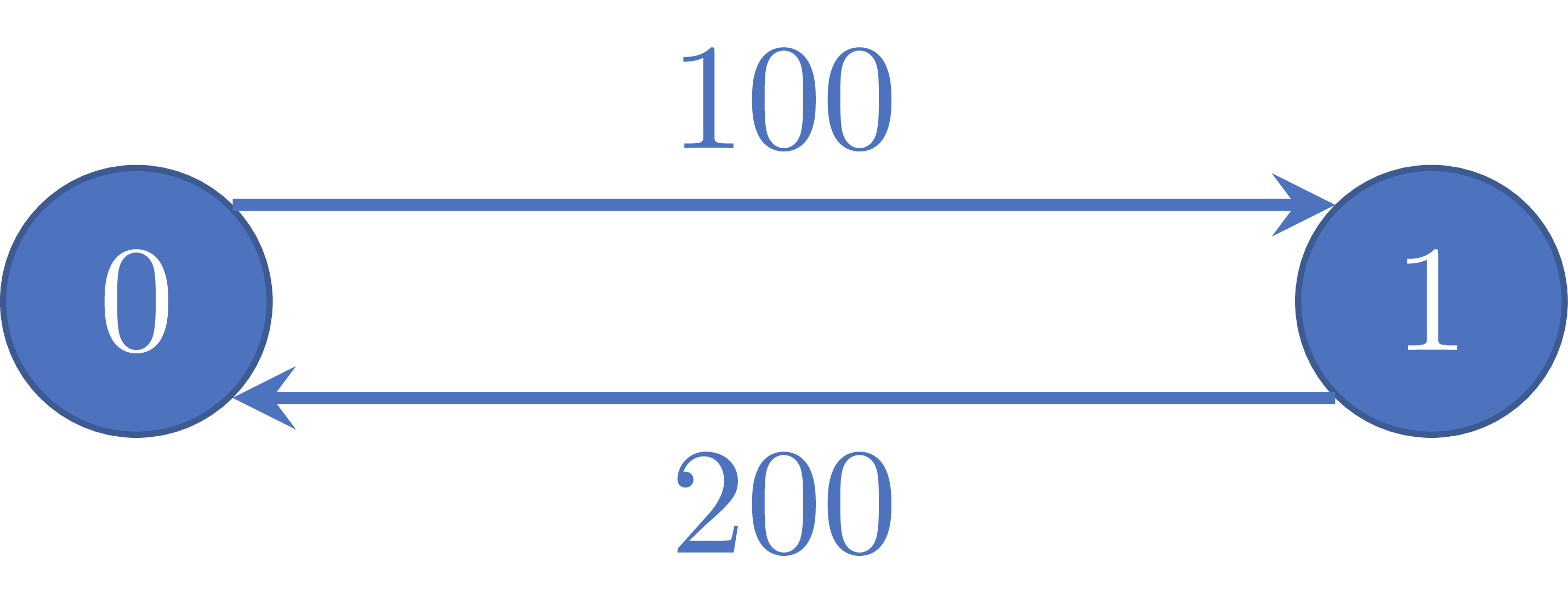Introduction
The MPI_Send primitive sends data stored in a buffer to another process rank. Depending on the size of the message, the call will be blocking or non-blocking. The syntax is as follows:
int MPI_Send(const void *buf,
int count,
MPI_Datatype datatype,
int dest,
int tag,
MPI_Comm comm)
The MPI_Isend primitive performs a non-blocking send. The syntax is as follows:
int MPI_Isend(const void *buf,
int count,
MPI_Datatype datatype,
int dest,
int tag,
MPI_Comm comm,
MPI_Request * request)
The MPI_Recv primitive receives data from another process rank. The call is blocking. The syntax is as follows:
int MPI_Recv(void *buf,
int count,
MPI_Datatype datatype,
int source,
int tag,
MPI_Comm comm,
MPI_Status * status)
Connection to Modules
- This module is particularly useful for the communication module.
Files Required
Part 1: Communication with Send and Recv
In this exercise, we assume that there are 2 process ranks.
- Rank 0 will store in a buffer a value of 100.
- Rank 1 will store in a buffer a value of 200.
- Rank 0 will send its value in its buffer to rank 1.
- Rank 1 will send its value in its buffer to rank 0.
- The ranks will print the values they have received.
- In this exercise, we will only use
MPI_SendandMPI_Recv. - To get started, use the file
send_recv_starter.c.
Figure 1 illustrates communication between rank 0 and 1.

Figure 1: Example of sending the value 100 from rank 0 to rank 1 and sending the value 200 from rank 1 to rank 0.
A code snippet from send_recv_starter.c is shown below. Write the code to exchange the values of myValue between the two ranks.
//Initialize values at each rank
if(my_rank==0)
{
myValue=100;
}
else
{
myValue=200;
}
//Write code here
printf("\n\nRank: %d, my buffer: %d", my_rank, myBuffer);
Part 2: Replacing Send with Isend
Using send_recv_starter.c, write the same program as outlined above, except use MPI_Isend instead of MPI_Send.